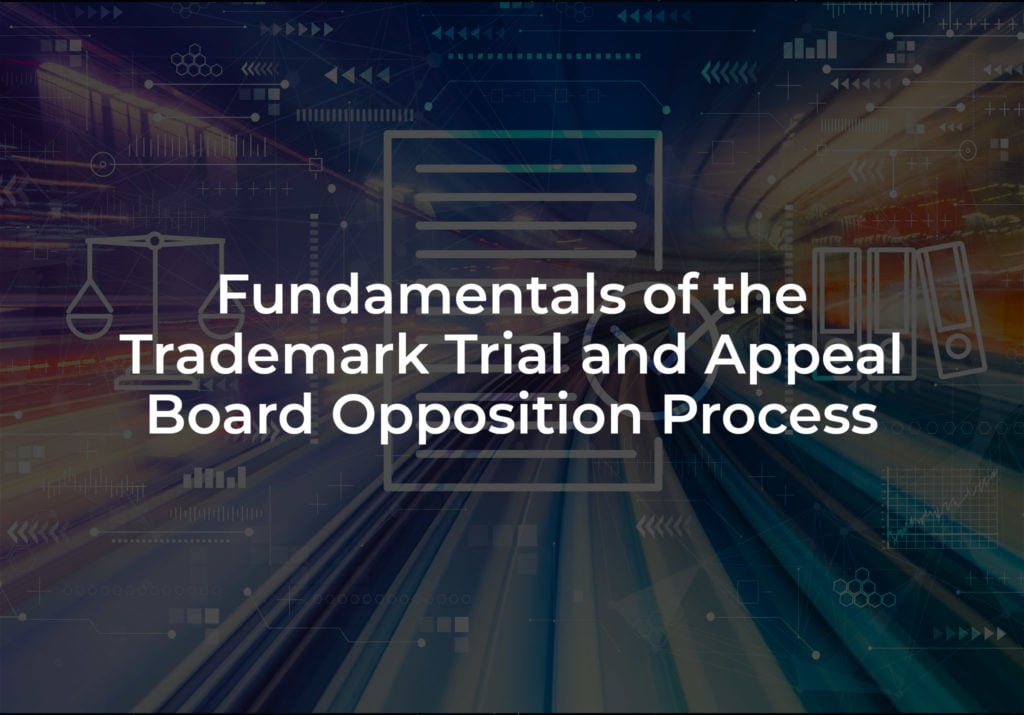Sometimes your only legal option for dealing with trademark infringers is to seek help from the court system. Business owners often need to resort to the courts in trademark infringement cases when the infringer is uncooperative, combative, or is a foreign operator. While it might be inconvenient to go to court, it can be highly effective in putting a stop to trademark infringement. Usually all that is required from the court is a court-ordered injunction and the infringement will be terminated.
What is a Court-Ordered Injunction?
A court-ordered injunction is an injunction issued by the court that requires that a specific action be taken or stopped. An injunction is a mandate made by the court. Failure to comply with a court-ordered injunction can lead to steep penalties, such as payment of fines or imprisonment. The injunction identifies a party (e.g., the infringer), orders them to do (or stop doing) a specific action (e.g., stop unauthorized use of a trademark), and designates a period of time for compliance (e.g., stop all infringing actions immediately or after a reasonable sell-off period of time). There are two types of injunctions: preliminary, which is a temporary order to stop infringing action while the case is before the court, and permanent, which is a permanent order given by the court at the conclusion of the case.
How to Go About Getting a Court-Ordered Injunction
If obtaining a court-ordered injunction seems like something that would be an appropriate form of relief your trademark infringement situation, you should discuss this matter with an experienced trademark infringement attorney. With the help of your attorney, you can begin your mission for obtaining an injunction by deciding which court system would be best, or most appropriate, tribunal for you to bring your trademark infringement action before. Since trademark rights can exist based on common-law, state law and/or federal law, you might have the option of bringing your action in a number of different court jurisdictions (e.g., state court, federal court or the U.S. International Trade Commission). Your lawyer can help you work out which courts are available to you.
Once you have selected a court to bring your trademark infringement action in, you will need to file a complaint alleging trademark infringement in accordance with that particular court’s filing requirements. Again, your lawyer will be immensely helpful with this part of the process since your lawyer is familiar with the court system and its specific filing requirements. In your complaint to the court, you must identify:
- Your trademark rights that you believe are being infringed,
- The accused infringer
- The grounds upon which the infringement action is based, and
- A request for an injunction as a form of relief.
In order to get the court-ordered injunction, you must establish that:
- You and/or your business has suffered irreparable injury due to the trademark infringement,
- Other remedies, such as monetary damages, would be an inadequate form of compensation for the injury you have suffered,
- A balance of the hardships that are faced by each party favors you (i.e., you have suffered or will suffer greater injury than the other party without the injunctive relief), and
- Grant of the injunction will not be contrary to the public interest.
Do You Have Legal Questions for a Skilled Trademark Lawyer?
The Rapacke Law Group has demonstrated skill and capacity in the area of trademark law, including a proven track record of obtaining injunctive relief for clients. If you have legal questions concerning trademark infringement, you can contact us today for a free initial consultation.




